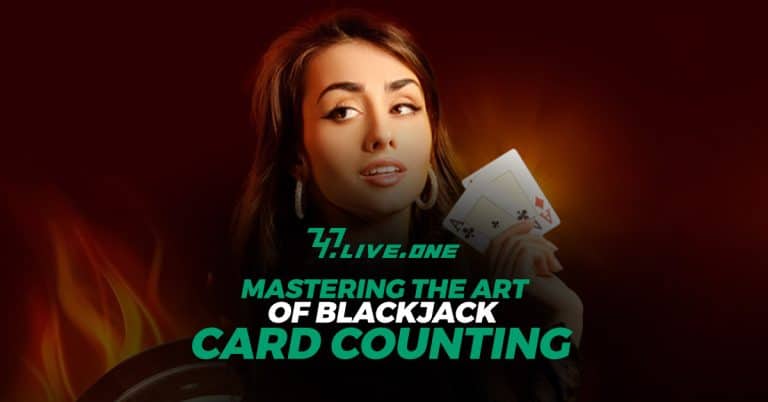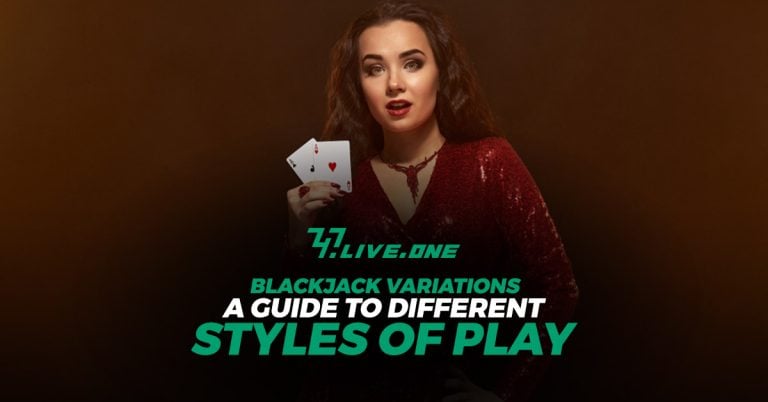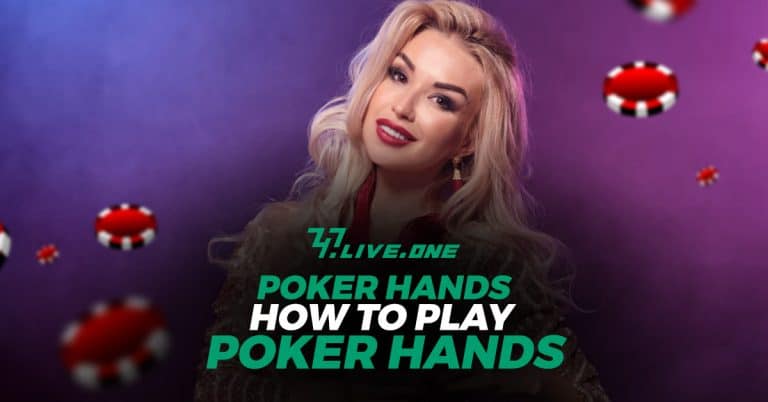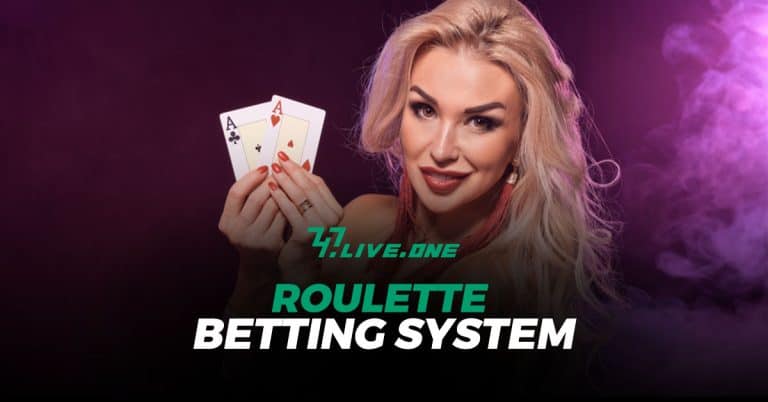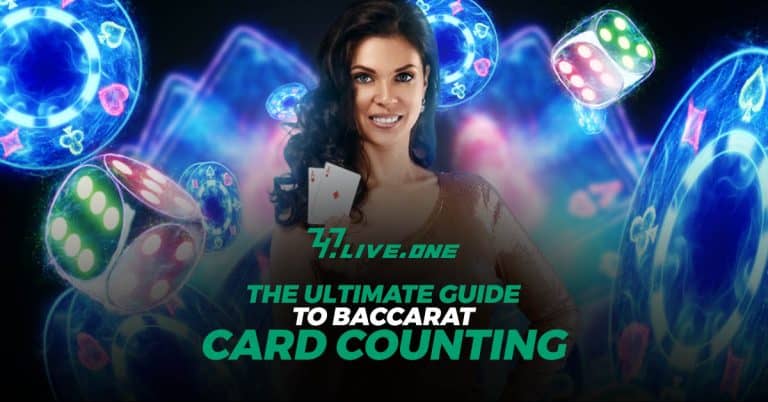The Science of Blackjack Odds: Understanding the Game to Win Big
Blackjack is a table casino game that appears to be relatively straightforward. With only two cards every hand, wins may be made in a matter of seconds, and the objective is to go as near to 21 without going over as possible. Blackjack can be a devilishly complex game, though, as can be seen by exploring the techniques and maximizing your tactics.
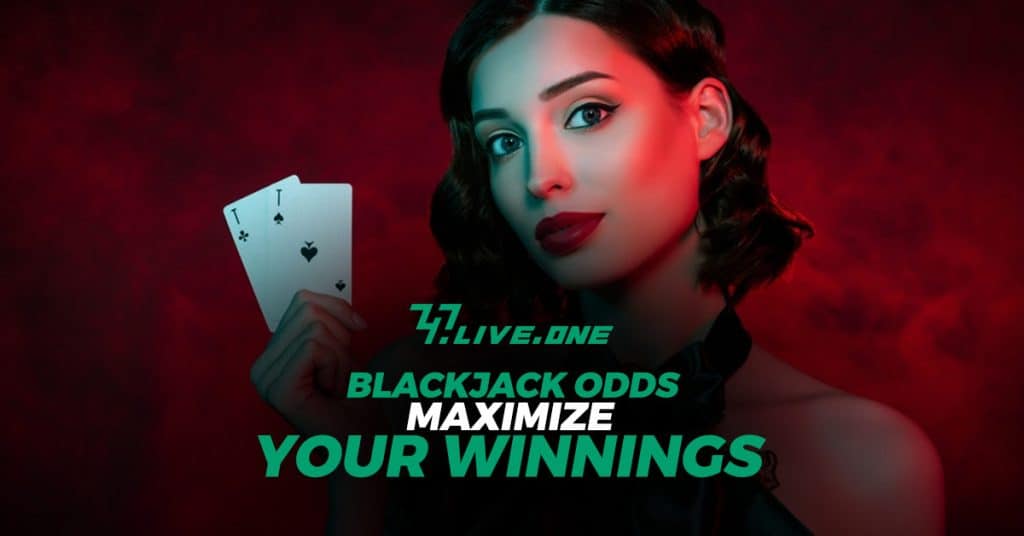
The complex strategies and numerous ratios and percentages can be a little frightening to read, but at 747 Live One, we’ve got you covered. The key blackjack statistics, such as the house edge, player odds, and the best opportunities to consistently outperform the dealer, are all explained in this useful guide.
What are the odds and Probabilities in Blackjack?
Although the average person will believe chances and probabilities are the same things, they are completely mistaken because the two ideas are completely distinct. The probability of winning a game is referred to as probability. Hence, if we were to compute the likelihood that we would choose one card from a total of five, the likelihood would be 0.2, or 20%.
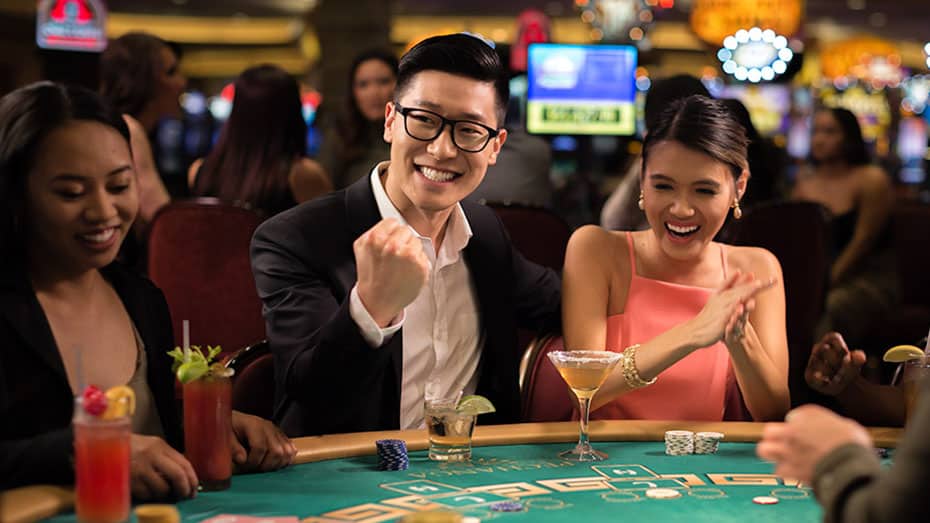
Blackjack odds, however, refer to a depiction of chance. The chance of winning versus the likelihood of losing is used to compute odds. Since there is a 4:1 chance of winning in the previous example and a 4:1 chance of losing, this means that the odds are 4:1. They are not typically computed in this manner because they do not indicate the likelihood of winning, but rather the payment for each wager a person makes. Probability is typically used to represent chance, whereas odds are used to represent the amount of money you will win.
The essential odds and probability principles in blackjack games
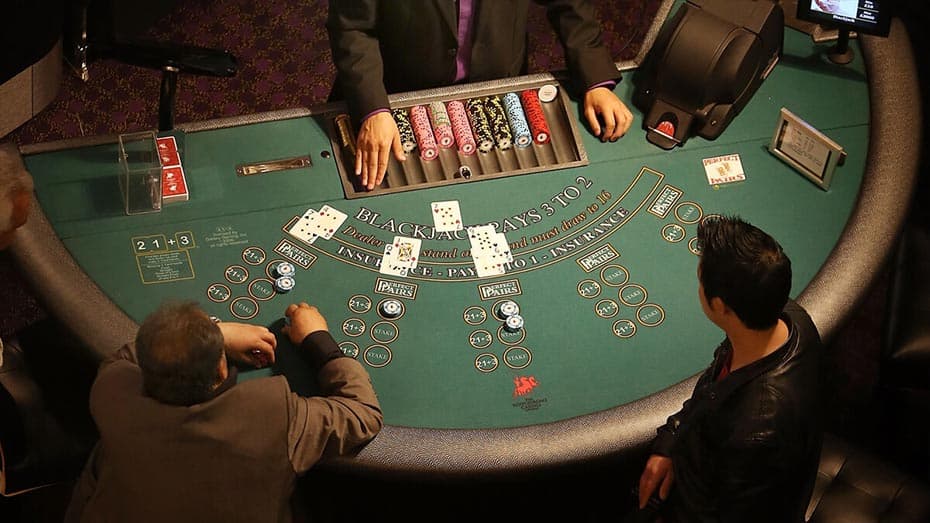
Player odds table
It’s critical to comprehend probability and how it relates to blackjack odds if you want to increase your chances of success. Given that you decide to hit after being handed your first two cards, the following table shows the most fundamental example of probability evaluation. Notably, a natural blackjack is a hand that totals exactly 21.
| Hand value | Player’s Bust Probability |
| 11 or lower | 0% |
| 12 | 31% |
| 13 | 39% |
| 14 | 56% |
| 15 | 58% |
| 16 | 62% |
| 17 | 69% |
| 18 | 77% |
| 19 | 85% |
| 20 | 92% |
| 21 | 100% |
Dealer odds table
Every player must keep in mind the axiom that the house always prevails before beginning any blackjack game. For the most part, because dealers take second place, they have a better probability of winning a blackjack game than players do.
| Dealer’s card | Dealer’s Bust Probability |
| 2 | 35% |
| 3 | 37% |
| 4 | 40% |
| 5 | 42% |
| 6 | 42% |
| 7 | 26% |
| 8 | 24% |
| 9 | 23% |
| 10 | 23% |
| Ace | 17% |
The dealer’s odds vary depending on the blackjack house rules, however, this enables them to make wise choices when playing. With the dealer standing on a soft 17, the dealer has a lower chance of winning at some tables. The likelihood of the dealer busting with each card is shown in the table below.
Blackjack odds types
The minimal house advantage of blackjack makes it one of the casino games with the best odds when examining table games and their overall casino odds. The fact that each version has a unique house edge must be kept in mind, though. The ideal table for your blackjack odds is known to shrewd blackjack gamers.
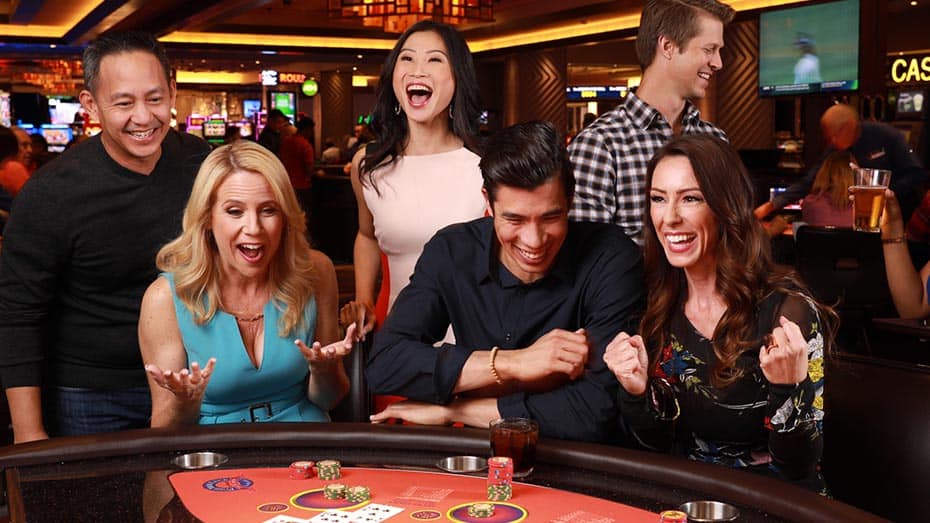
The most played blackjack variations and their respective house edges will be discussed.
How are BlackJack odds calculated?
Positive and negative expected win rates are the two ways that the chances of blackjack are typically understood. Both of these phrases aid in describing the probabilities and anticipated worth of victories in specific situations while keeping in mind the house advantage.
True odds is a phrase you can run into while learning about blackjack odds. Real odds are simply the chances that a wager pays off at the same rate as suggested by its probability percentage.
Can I raise my chances of blackjack?
Understanding the mathematical complexity of the blackjack probabilities of winning is the key to enhancing the player’s chances of success in the ordinary game of blackjack. The following are some instances of ways a player can increase their chances:
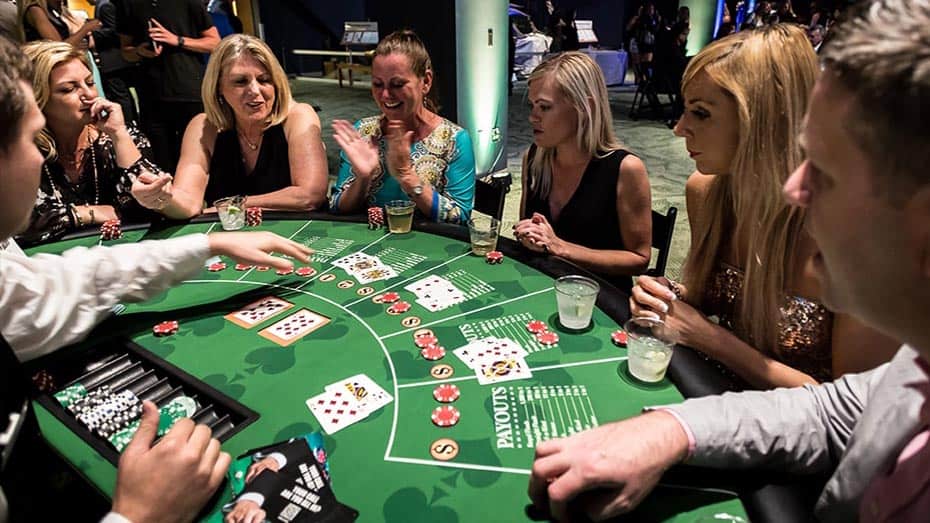
Being aware of the odds can make a huge impact
Regardless of the cards you have been dealt, determining your next move and improving your chances of winning depend greatly on your knowledge of the blackjack odds. Professionals with experience should constantly be aware of their odds of winning blackjack in comparison to the dealer’s blackjack win odds.
Of course, this will call for a thorough memorization process and knowledge of the fundamental tactic. Players who use basic strategy don’t always play flawlessly, but this approach might be useful when playing a few hands that are difficult to predict the outcome of.
Decrease breaking
The higher the projected value of your hand, the greater your chances of bursting are if you decide to hit another card, as should be clear to the majority of players right away, especially if they’ve played the game for a while. For the dealer, the same holds.
The dealer must hit if they have 16, and the likelihood that they will bust is greater than the likelihood that they will succeed. Although the player is in their ideal circumstance, this doesn’t always happen. The player is exempt from having to hit if they have 16 points.
Given that there is a very high likelihood that they will burst if they hit, the player will need to carefully consider their options before deciding whether to hit, stand, or even surrender.
Finding out if the dealer has a high chance of breaking
Take into account that the dealer has an upcard of 6, and you have a low-value hand, like a 13, in this scenario. Even though 13 is a long way from 21, you might think it’s a good idea to hit. But, this isn’t always the case. If the dealer’s hand value is six, there is a high probability that the dealer will hit twice, increasing the chances that the dealer will bust. In this case, there is a good possibility that the dealer will bust due to perhaps having to hit twice if you let your hand of 13 stand. Hence, you will win the game.
Pay close attention to both your hand and the dealer.
Of course, in the aforementioned scenario, if the dealer has an ace hole card, you’ve lost; but, the dealer’s chances of this happening are significantly lowered. Because of this, it’s important to pay attention to both your hand and the dealer’s hand. With a hand worth of 13, novice players might simply focus on their cards and notice that they have a slim risk of going bust if they hit and a good chance of bringing their hand value closer to 21. They have much higher chances of failing than the dealer having an ace in the hole.
Being aware of when to stand
Should the player have the patience and understanding to wait it out, the house has a nearly 40% probability of busting out if the dealer has an eight-valued hand. A player will bust out before the house and be forced to accept a loss if they are unaware of these blackjack odds and are solely concerned with their hand. Thus, if you have 13 and there are 8 people in the house, stand! This is just one illustration, but maybe it demonstrates the value of knowing the chances at least on the surface. For players to win any blackjack payout, they must pay attention to both their hand and odds in blackjack as well as the dealer’s odds.
The probability of getting blackjack
As you try to create particular winning methods for blackjack, you realize how complicated the game is. Blackjack is often played by players who simply accept it as a game of chance and let the results be what they are.
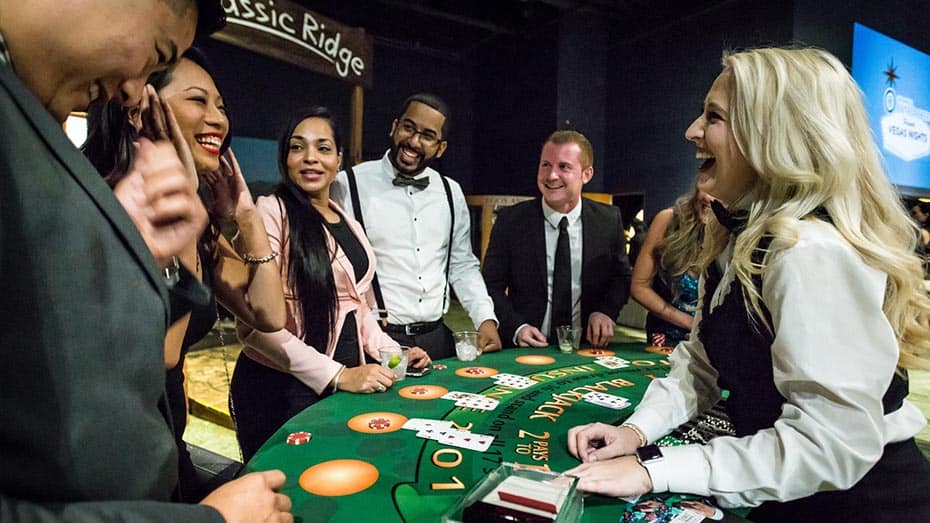
Professional players, however, will constantly use math and odds to their advantage to increase their chances of winning and decrease the natural house edge. Your ability to play blackjack using fundamental techniques and get an advantage over the house is key to making the most of your game.
In Blackjack, How is the probability calculated?
Probability is estimated based on possible results, including winning and losing. When an ace and a 10-value card are dealt with naturally, the odds of getting a blackjack are 2/52, or 0.038, assuming that there is a 20% probability of getting one card out of five. This, however, only considers one deck.
An RNG, often known as a random number generator, is used in online blackjack. All online casino game variations use the RNG, which guarantees that the outcome is determined by chance. You are always dealt cards from a 52-card deck thanks to the RNG. Thus, the chance remains fixed at 4.83%. Nonetheless, eight decks can be used to play blackjack.
As the number of decks in a game rises, things start to change a little. When playing multi-deck blackjack, the probability drops; for instance, the chance of hitting blackjack is 4.78% when there are two decks. The likelihood will only be marginally lower, at 4.75%, for a six-deck game, which is typically more prevalent in a casino than tables with fewer cards.
A game of blackjack’s house edge
To learn blackjack, a player must first recognize the fundamental advantage the house holds over the player. There would be no incentive for them to hold the game if the house didn’t have the advantage. This is because they would simply lose all of their money and make no profit. But that does not imply that you cannot succeed.
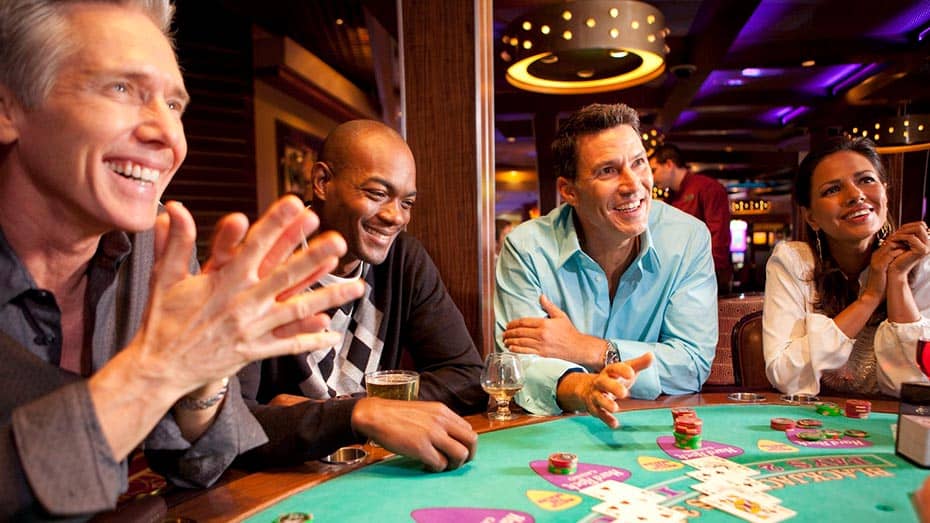
You need to be ready, play blackjack perfectly utilizing fundamental strategy, and know when to stop playing to offer yourself the best opportunity.
The house edge: How is it Determined?
Casino owners initially had little knowledge of or little interest in the mathematics behind the game. They were well aware of the fact that they were profitable blackjack dealers. The fact that players had to act before the dealer and that player bets were automatically forfeited if a player’s hand totaled more than 21 contributed to their enormous financial success.
The casinos soon realized that this edge over players was unwarranted. They introduced a few additional beneficial blackjack regulations for players out of concern that interest in the game might wane. The possibilities to double down and hit split aces as well as a 3:2 payout on a “natural” blackjack were added.
The advantage held by the house results from the fact that, at a blackjack table, the player is always required to make the initial decision. In other words, it is up to the player to determine whether to hit and draw another card or to hold their hand.
If a player decides to hit, they have a possibility of busting out if they do so. The player is therefore likely to lose the round before the house is required to make a single choice about its hand.
In any instance, blackjack players must divide the negative anticipated value by the total amount they have wagered on their bet to determine the house edge.
Reducing the blackjack house edge
Even though the house has an edge, there are some ways for the player to reduce it. The player can boost their odds and lower the house edge by using rule changes like split aces and surrender, among others. In addition to these, tables with single-deck games available and tables where the dealer stands on a soft 17 are advantageous for the player’s odds. These strategies are frequently used by seasoned gamblers in brick-and-mortar and online casinos to gain a small advantage and lower the house edge.
Charts for strategy also lessen the house advantage. The house edge can be lowered by 5.3% when a strategy card based on composition-dependent strategic playing is strictly adhered to.
One thing to remember is to stay away from even-money wagers. Even money wagers, such as the insurance side wager, reduce your chances of winning because the odds are not in your favor. A wager that pays 1:1 is known as an even-money wager. The probabilities of losing are greatly increased by optional side bets or insurance because they often have a bigger house edge than the primary wager. It is ultimately up to you to choose whatever odds are best for you.
Blackjack odds FAQs
Conclusion
Although knowing and mastering the blackjack odds and methods will offer you a greater advantage, there is no way for players to eliminate the house’s natural advantage. Even the most skilled players using composition-dependent strategy will only partially eliminate the house edge unless you are a mathematical genius who can master the dark art of card counting. Yet, you can improve your chances of winning streaks by comprehending these blackjack odds and tactics.
By grasping these fundamental ideas, you will be well on your way to taking some odds away from the casino. Although you are still not guaranteed to win and the odds are still almost always slightly in the house’s favor, you can continuously improve your blackjack odds if you play your cards correctly.

